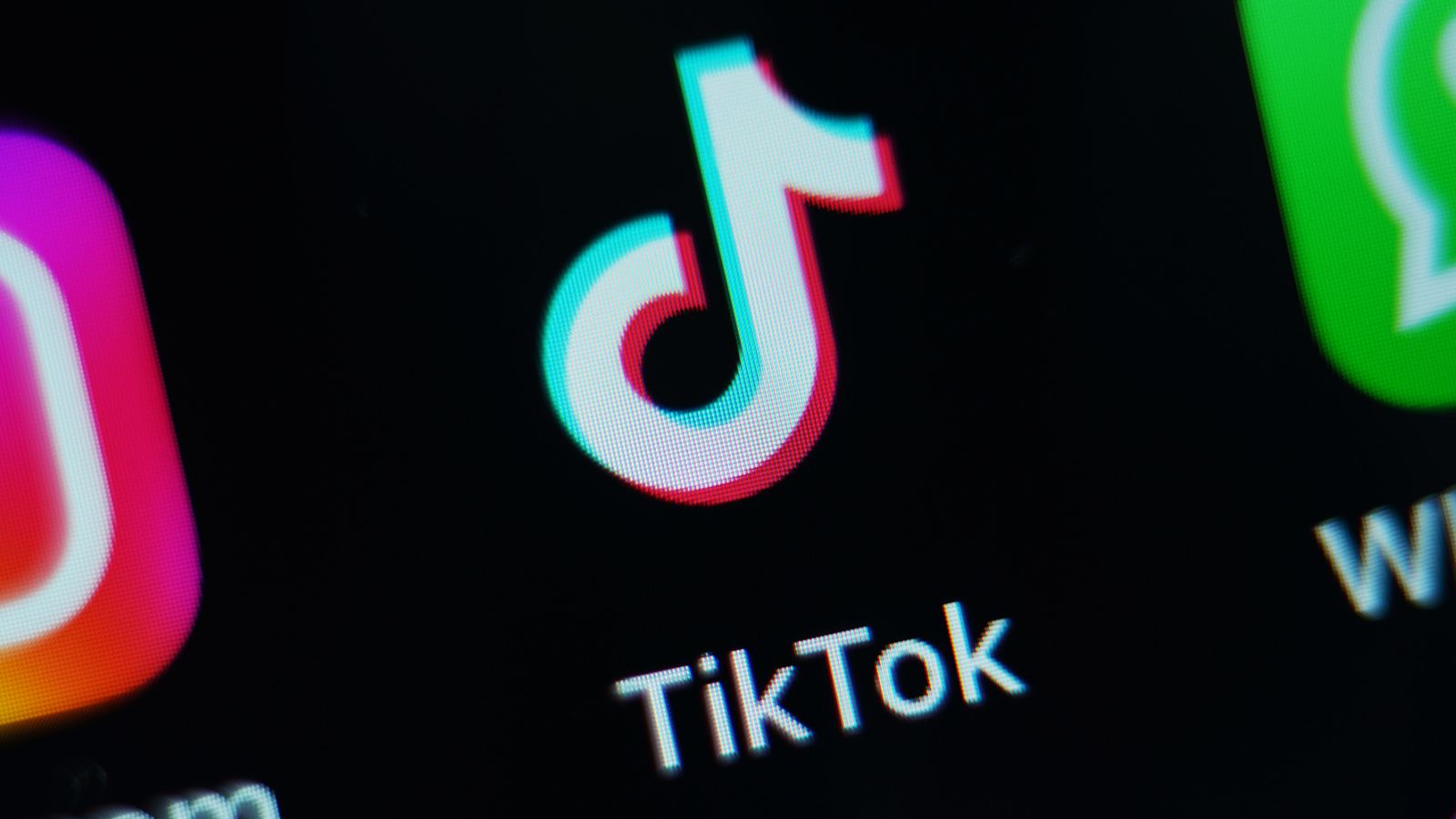The CEO of TikTok has said that a US ban on the platform “would take billions of dollars out of the pockets of creators and small businesses”.
Shou Zi Chew, who a source said is visiting Washington DC this week, added the company will exercise its legal rights to prevent a ban after a bill passed in the House.
Representatives overwhelmingly voted on Wednesday to give TikTok’s Chinese owner ByteDance about six months to divest the US assets of the app, or face a ban.
The bill passed 352-65 in a bipartisan vote, but it faces a more uncertain path in the Senate where some favour a different approach to regulating foreign-owned apps posing security concerns.
President Joe Biden has indicated he will sign the bill if it passes through both houses.
White House national security adviser Jake Sullivan on Tuesday asked: “Do we want TikTok, as a platform, to be owned by an American company or owned by China?
“Do we want the data from TikTok – children’s data, adults’ data – to be staying here in America or going to China?”
China: Two dead and more than 20 injured in gas explosion at fried chicken shop
UCL lecturer warns academic freedom at risk as module removed after student complaints
Chinese and Philippine coast guards clash amid regional dispute with water cannons fired
Donald Trump has said that he would oppose a ban because it would help rival social media platform Facebook.
Read more from Sky News:
Ofcom investigates TikTok over parental controls
Nepal bans TikTok over claims it disrupts ‘social harmony’
Mr Trump previously issued, then rescinded, an executive action during his presidency intended to ban TikTok and another popular Chinese app, WeChat.
Please use Chrome browser for a more accessible video player
Both the FBI and Federal Communications Commission have warned TikTok owner ByteDance could share user data, such as browsing history, location and biometric identifiers, with China’s authoritarian government.
TikTok claims it has never done that and would not do so if asked.
China’s Foreign Ministry has criticised the legislation, arguing “though the US has never found any evidence of TikTok
posing a threat to the US’s national security, it has never stopped going after TikTok”.






















